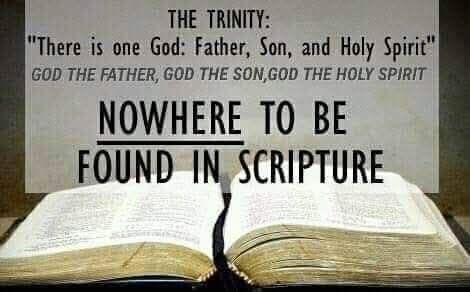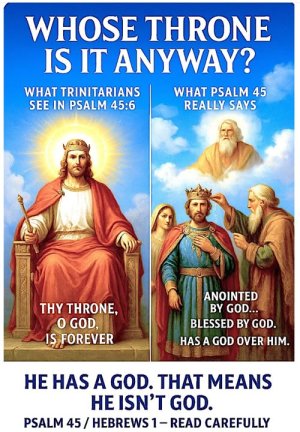Peterlag
Active Member
I doubt you know how to walk by the spirit or even what it is. Let me edit this. Maybe this will help...You don't seek to be Christ like? Why not? You were commanded to do so in Rom 8:29, Eph 4:15, Phil 2:5, 2 Cor 3:18, and 1 Pet 2:21. Yes, we also walk in the Spirit of Christ.
That is your opinion, and I appreciate your expressing it. But it is not the truth from Scripture, so I cannot and will not agree with you.
We are taught "to be in the spirit" means to walk upright in our flesh or to have our flesh in fellowship with God. So we read right over the many verses such as Peter and John were filled with the spirit. Or "that we might be made the righteousness of God in him" 2 Corinthians 5:21. Romans talks about no condemnation to them which are in Christ Jesus. Christians everywhere do not seem to understand the words "in him" or "in Christ" or "filled with the spirit." We can't see ourselves walking by the spirit because we are taught that the operations of the spirit are things we operate through our flesh. They are not the manifestations of you. They are of the spirit. We are also taught that we are sinners and this is another reason why we can't see the spirit as long as we see ourselves as a piece of trash. To see it we have to see ourselves as the righteousness of God in him.
Last edited:


